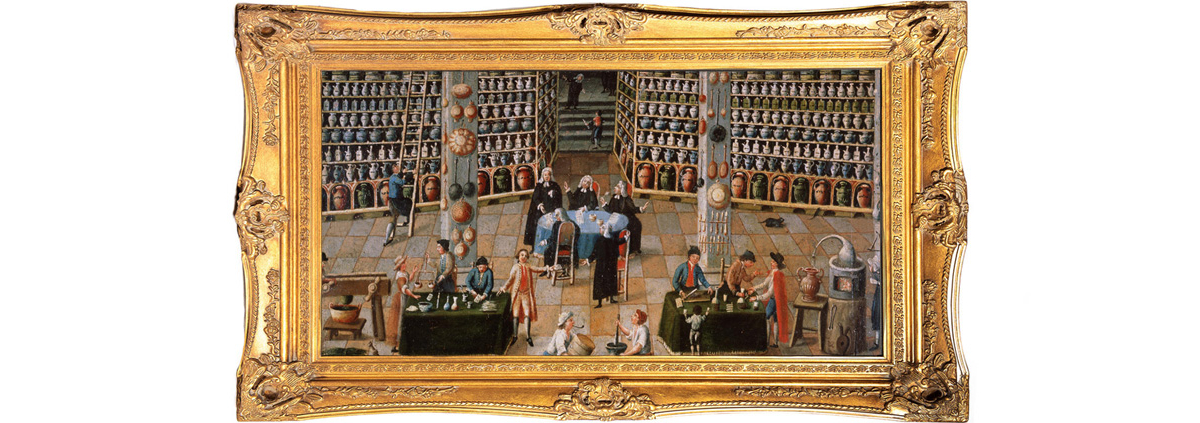The Bottom Line on Human Fat as Medicine
The final question in our look at human fat is whether there are actual benefits to the use of human fat for human health. Human fat is primarily long-chain saturated fatty acids; we’re animals and that’s the type of fat animals make. There are some hormones present in fat tissue and probably other factors related to blood vessel growth, but there were no proven benefits for the use of human fat for anything related to human health 400 or 500 years ago.
Why not? Science had not yet begun to use research techniques to assess the benefits. I sometimes criticize randomized clinical trials and the way they’re conducted, but even with its faults, research is necessary to assess whether benefits exist for any chemical. At its core, that’s what human fat is: simply a chemical.
Could there be unknown benefits? We’ll most likely never know for two reasons. First, no Human Subjects Committee would approve the research for the use of human fat for research. The legal and scientific quandaries of using fat from some humans on other humans are mind-bending.
Second, even if some benefits could be proven, there’s the issue of collection. We do not dispose or treat corpses in the same way we did 500 years ago. Where would the human fat come from? Just the thought would be disturbing to many people.
The Bottom Line
The historical look at human fat as medicine illustrates why the scientific process is important and irreplaceable, flawed though it may be. It’s a slow process and can be frustrating, especially as it relates to nutrition. In today’s “get a product to market first” climate, we end up with too many nutritional products in a marketplace with little to no science behind them. That will be our topic for next week’s Memos.
What are you prepared to do today?
Dr. Chet
Reference: Christopher Forth PhD. 2019. Fat: A Cultural History of the Stuff of Life.









